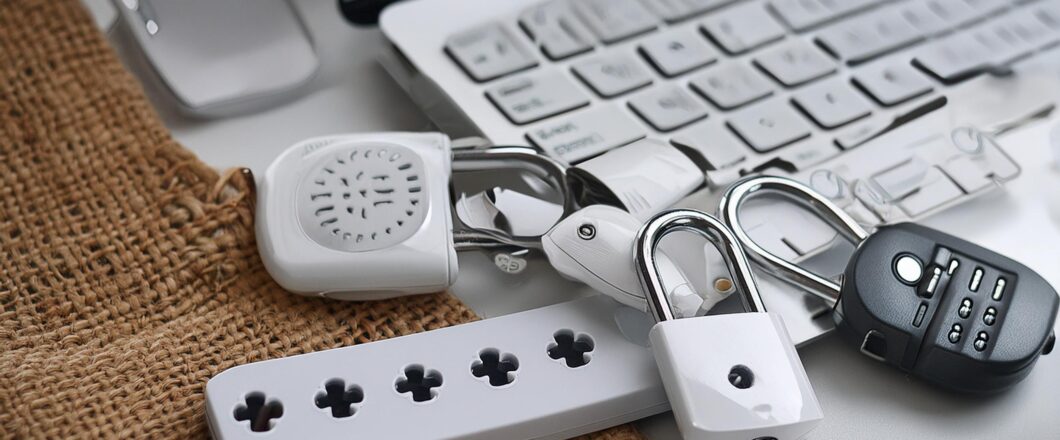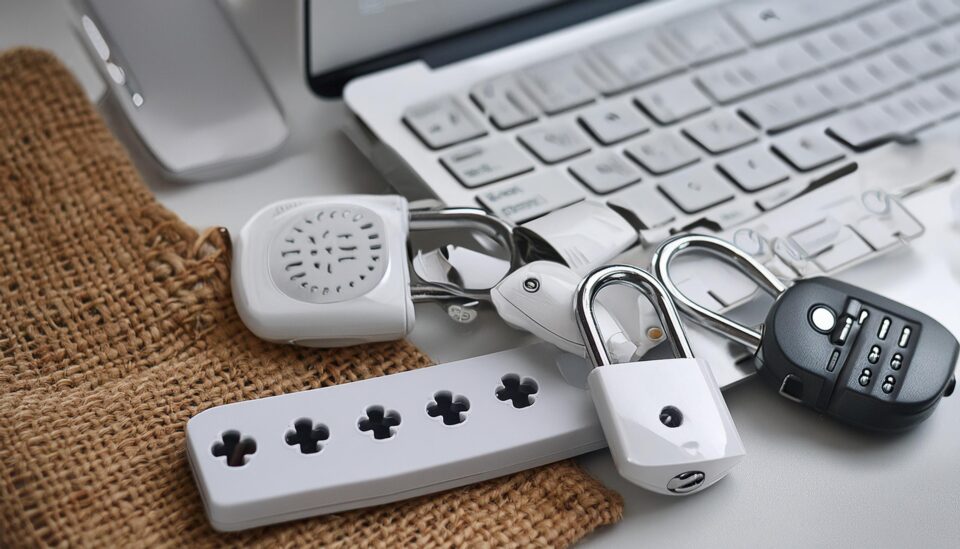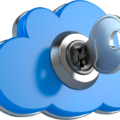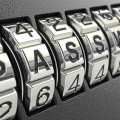Snowflake, a cloud data analysis company, has found itself under attack from malware, with the result that its customers passwords have been leaked online.
A leading cloud data platform, Snowflake was founded in 2012 and has experienced a rapid rise in the industry, with its current revenue estimated at $2.8 billion. This success has been founded upon innovative data analytics solutions and a number of leading clients such as Santander, Dropbox, and Comcast. For threat actors, Snowflake represents a tempting target, both in terms of the sheer amount of data they hold and financial value. And this is clearly why Snowflake has been attacked.
With threat actors claiming to have stolen hundreds of millions of customer records from Snowflake environments, the attack is clearly a significant one. Perhaps the most interesting aspect of the attack is that it appears to result from a lack of multi-factor authentication.
Cracking the Snowflake Infrastructure
Live Nation, a popular ticket sales service, was the first company to announce that their stolen data had been hosted on the Snowflake platform. Other Snowflake customers have come forwards to acknowledge a breach but are yet to name Snowflake as the hosts for this data. The attack appears to have been fueled by info-stealing malware, with the attack targeting PCs which had access to their organization’s Snowflake network.
How the initial attack was instigated remains unclear, but Snowflake has revealed that a demo account, protected with nothing more than a username/password combination, had been recently compromised. Whether this gave the threat actors direct access to Snowflake customer accounts is unknown, although it does point towards the threat actors establishing an early foothold. Snowflake has also disclosed that each customer is put in charge of their own security, and multi-factor authentication isn’t automatically enabled. This, Snowflake states, is how threat actors succeeded in hacking the compromised accounts.
Snowflake has advised all of its customers to switch on multi-factor authentication, but it appears to be too late for many. Whole lists of Snowflake customer credentials can be found available on illegal websites, with this data including email addresses alongside username/password combinations. Ticketmaster, another ticket sales platform, has been reported of having close to 560 million customer records compromised. This is a huge data breach, and one which has deservedly earned headlines.
The Importance of Multi-Factor Authentication
For Snowflake to have selected multi-factor authentication as an optional function, rather than a default security measure, is negligent. Regardless of this negligence, it’s also the responsibility of the compromised accounts to double check the available security measures. Therefore, to stay safe in the future, always carry out the following when working with external hosting providers for your data:
- Always Check Default Settings: you can’t assume your default security settings are suitable for your organization, so always double check them before going live. For Snowflake customers, understanding multi-factor authentication wasn’t in place as default, could have avoided these data breaches.
- Regular Security Audits: check with your hosts that regular security audits and penetration testing forms part of your agreement. These tests can help identify vulnerabilities and allow you to implement security measures, protecting the security of your network and data.
- Schedule Offline Backups: while cloud computing offers fantastic benefits for backups, you should never rely solely on cloud networks. Instead, utilize offline backups as part of your backup strategy. These can be kept on site and, in the case of a network breach, will remain off-limits to external threat actors and ensure your data is preserved.
For more ways to secure and optimize your business technology, contact your local IT professionals.









